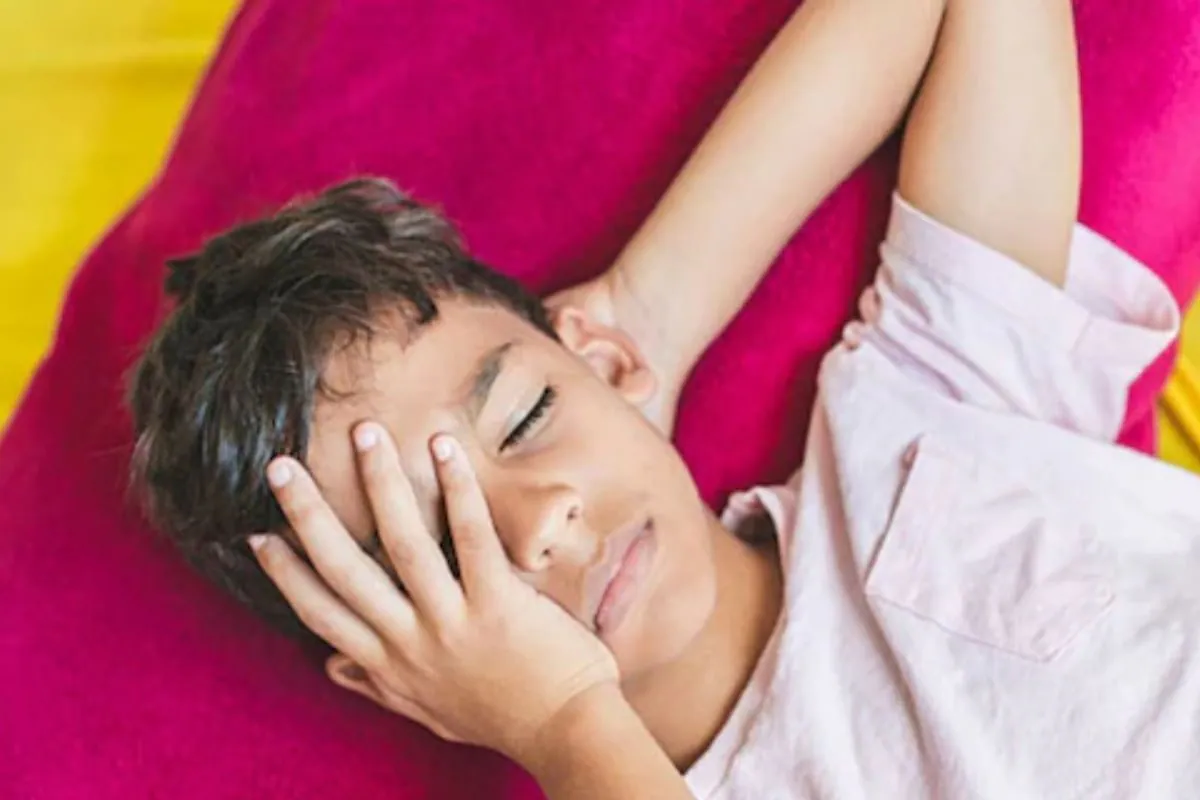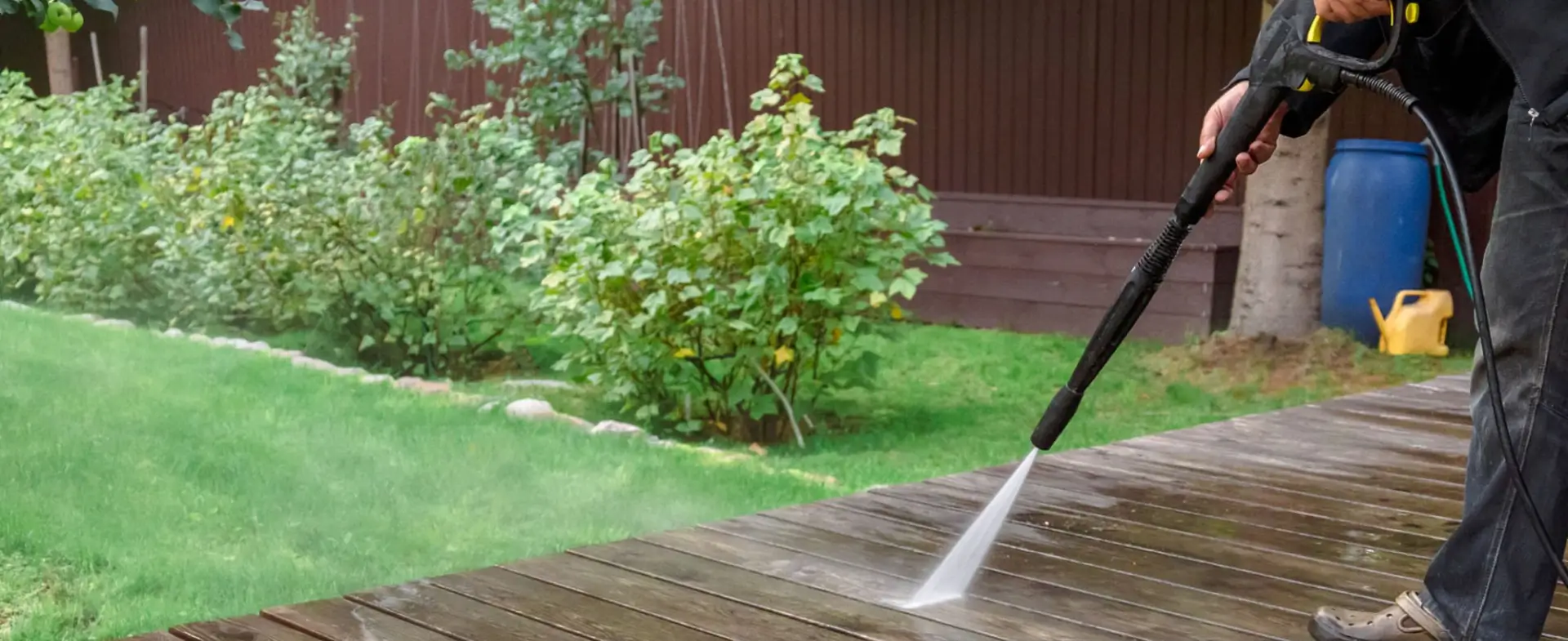Childhood myopia, or nearsightedness, is a new epidemic that is spreading quickly in today’s technology-dependent world where screens have become an unavoidable part of daily lives. This is a worrying trend as it not only marks a dependency on glasses but also increases the risk of conditions including glaucoma and retinal detachment. Educators, parents, and medical professionals must give this emerging issue their complete attention.
What Is Myopia And Its Causes?
Myopia is defined as blurry long-distance vision, which often starts between the ages of 6 and 14. Your child can see well up close, but objects or images viewed from a distance will appear hazy if they have myopia. Myopia is a common condition where the image is focussed by the eye before it reaches the retina, resulting in out-of-focus and hazy images.
The following reasons have been listed as possible causes of nearsightedness in young children:
- The most prevalent cause of childhood-onset myopia is excessive eye growth, or development occurring when eye growth should cease (around age 12). Eye growth can be influenced by a variety of factors, including individual traits, environment, and heredity.
- Children are more likely to get myopia if one or both of their parents have the affliction.
- Working too close to the light can cause myopia. Reading novels, colouring, and binge-watching TV are a few examples of these pursuits.
Symptoms
When a child has myopia, common symptoms include:
- Shutting one eye or squinting
- Getting closer to or seated close to items they’re attempting to focus on, like the TV
- Clumsiness
- A decline in academic achievement
- Complaints citing headaches, eye pain, or photosensitivity
Is myopia preventable?
Myopia can be slowed down but cannot be stopped. Your child’s myopia should not increase as quickly as it may if you:
- Regularly have your child’s eyes examined.
- Watch out that your child complies with any advice from their eye specialist, including wearing corrective glasses if necessary.
- Make sure your kids are wearing UV-protective sunglasses.
- Plan frequent pauses for your child’s short-sighted activities.
- Be certain that your child has a diet high in fruits, vegetables, and omega-3 fatty acids.

.svg)
